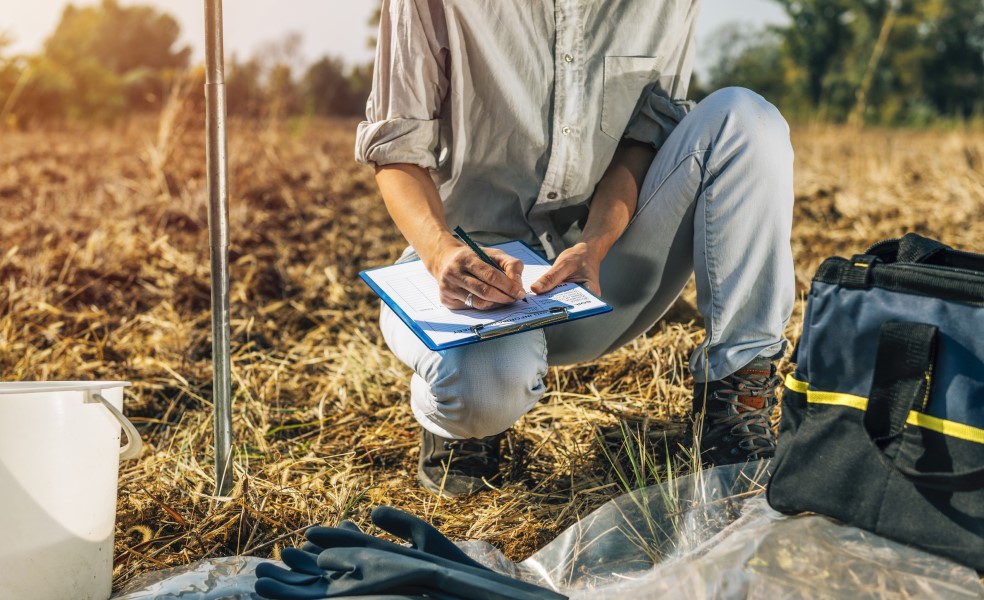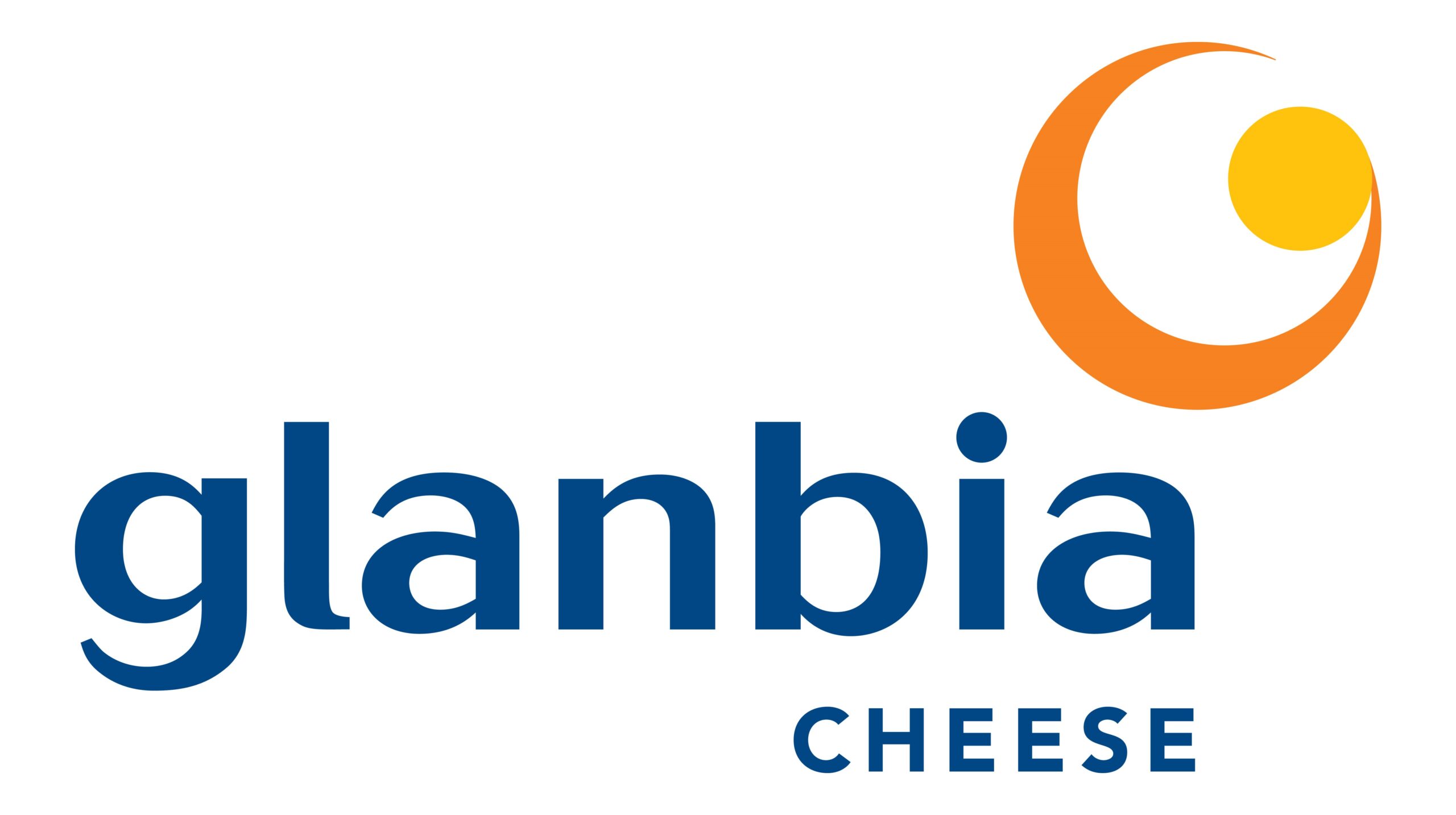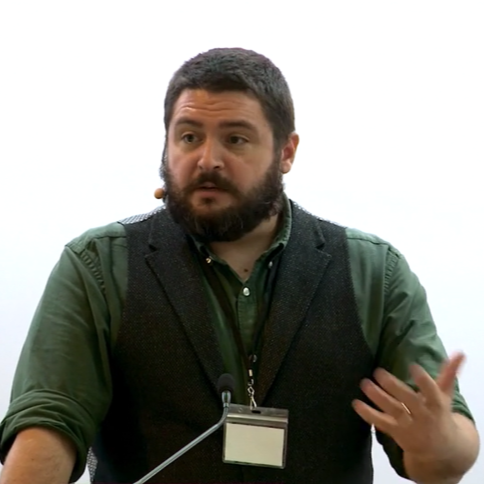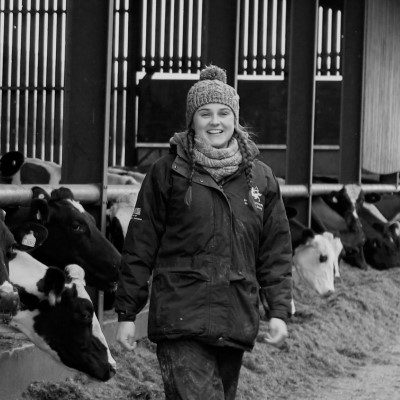CIEL | Blog: Are we failing to learn how best to support learning?
Ben Williams – Glanbia Cheese

Learning is a journey, there’s a science to it that requires a multi-method, multi-level approach to create a concrete, tangible outcome.
As part of the CIEL Insights series, we’re shining a spotlight on farmers and the adoption of new technology – covering the impact of legislation, cross-sector differences, the retailer perspective and explore successful methods of driving change across the industry. Alongside the panel discussion webinar which was held on 14 February, is accompanied by a number of blogs and podcasts focusing on gaining different perspectives from key stakeholders across the livestock industry on the theme of Farmer Adoption of New Innovation.
Big thanks to Ben Williams, Sustainability Manager at CIEL Glanbia Cheese for his participation in the recent CIEL Insights webinar. In this latest blog, Ben offers his take on different ways to help disseminate knowledge across the farming network:
We’ve been trying to disseminate knowledge, best practice and innovation wrong.
It may not be a popular opinion, but despite Herculean efforts by countless individuals and organisations to support UK farmers in adapting to new processes, ideas and innovations, we’ve not gone about it in the best way.
We have for too long assumed that educating i.e., delivering and disseminating best practice and skills to farmers, is a relatively simple and straightforward task. It isn’t. In fact the more complex the change, the more challenging successful ‘education’ is in achieving meaningful change.
Too often in my experience we jump to a programme of different on-farm, peer-to-peer events as the sole mechanism to deliver knowledge, based on the assumption that all farmers like doing stuff on farm. Yet where is the evidence to back this up?
The reality is that ‘effective learning’, the type of learning that results in change or adoption of new practice, isn’t the result of one-off events or even a series of repeated tasks with the same outcome. Learning is a journey, that needs a multi-method and multi-level approach to create a concrete, tangible outcome. This might be well known amongst people who work in schools and colleges, but seems to carry less significance when thinking about Knowledge Exchange (KE) in agriculture.
There is a science to learning, and more importantly we all like to start our learning journey at a different point. We have for many years assumed that ‘farmers’ as a collective like to start that journey on farm, getting stuck in.
It turns out, if you ask farmers where they start their learning journeys and where there are parts they really don’t like, you get a few surprises. An AHDB funded project surveyed 403 farmers and allied industry professionals (303 farmers, 100 industry professionals) asking how they preferred learning, using an assessment model by Honey and Mumford.
The assessment sorts individuals by preference into one of four start points for their learning journey:
- Theorist: Likes to model and theorise before getting stuck in
- Pragmatist: Likes to get right to it, very practical and quick to action
- Reflector: Likes data and outcomes, needs results first
- Activist: A role player, practical but with a more abstract approach
We had assumed farmers and the industry that supports them would be biased towards the pragmatist learning style, yet we were wrong. Farmers are biased towards a preference for the theorist style, needing models and theories to give them context and reduce risk before they will try something. This marries well with research by Bareham et al (2014 and 2015) in which the leading barriers to adoption of innovations are risk and ambiguity. While farmers are comfortable with both pragmatist and reflector styles, as elements of the learning journey they are not where they would naturally prefer to start that journey. More strikingly, is the Activist element. This future-looking ‘what if’ component is least preferred, providing a barrier to effective learning.
There is good news. With a knowledge of the preferred access point to learning or development, we can tailor our dissemination offerings to meet the needs of farmers and industry. With a working knowledge of what a learning journey entails, dissemination programmes can be designed and supported in such a way farmers embark on learning journeys that complete all four of the styles/elements. Allied industry elements such as vets, who buck the trend on not enjoying activist style activities, can be used as key resources to support farmers as they embark on their learning journeys.
When planning successful dissemination:
- Before delivering practical sessions, ensure there are robust case studies that have been presented as models that can be adapted to different farms. Present a range of outcomes: if you have X amount of livestock or acres and do Y, the likely outcome for you would be Z. This is because farmers like to know why or what’s in it for me?
- Identify the risks and their mitigations. Is it likely to be worth it? How fast can I see results?
The above can be presented in a range of formats, from podcasts and discussion groups to fact sheets and resources such as ‘what works centres’. Only once that is complete should you look at practical demonstrations.
- Provide data for farmers to go away with and review. Make sure that there is simple guidance on how to input their own data to see if it will also work for them. Linking back to a ‘what works centre’ at this point reinforces the learnings.
- Make use of vets, nutritionists, peers and allied industry to support farmers to role play what change means for them. This is the stage that is often the break in the learning journey.
While some of these elements seem like common sense, the order in which they are provided makes a difference, so too does the complexity of the problem.
The more challenging the issue you’re trying to solve, the more time and effort is required at each stage. Often it takes multiple attempts at the same type of learning to move from one stage to the next.
This blog was written for the CIEL Insights Farmer Adoption Series. Keep an eye out for the next CIEL Insights blog written by Suzanne Rogers, Jo White and Sophie Lewis discussing using human behavioural science to support innovation adoption in the farming sector.









